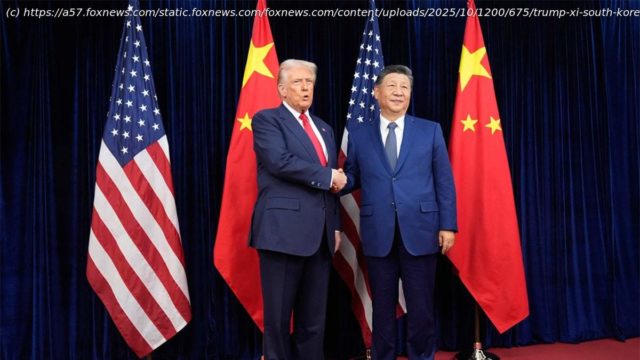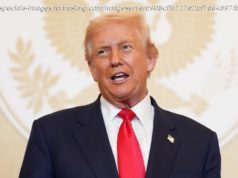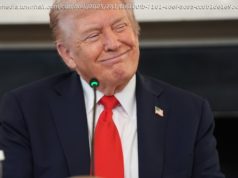President Donald Trump and Chinese President Xi Jinping avoided discussing Taiwan during their meeting, maintaining strategic ambiguity while military tensions continue to escalate.
When President Donald Trump met with Chinese President Xi Jinping on Thursday, the two leaders talked about trade and drug trafficking — but avoided the one issue that could most likely draw their nations into war: Taiwan.
Both sides have reasons to keep tensions low. Trump’s administration is seeking Chinese cooperation on border enforcement and drug trafficking, while Xi faces growing economic pressures at home. Yet even as diplomacy aims for calm, U.S. defense planners have long prepared for potential conflict in the Indo-Pacific.
Tensions have only deepened in recent years. Washington has approved high-profile arms sales to Taiwan, U.S. lawmakers such as then–House Speaker Nancy Pelosi have made high-profile visits, and former President Joe Biden repeatedly pledged to defend the island — only for aides to later clarify that the United States still adheres to its long-standing «One China» policy.
Meanwhile, China has dramatically increased military pressure on Taiwan through large-scale drills that simulate a blockade and invasion. The People’s Liberation Army now conducts near-constant air and naval operations encircling the island — exercises that have become larger, more complex, and more frequent. What once served as symbolic shows of force now resemble rehearsals for cutting off Taiwan’s access to the outside world.
The silence from Trump and Xi contrasted sharply with the noise of those military preparations on both sides of the Pacific.
Taiwan watchers have been left guessing about just how much the United States would come to the island’s defense if China invaded — an intentional policy known as strategic ambiguity that Trump has taken to a new level.






